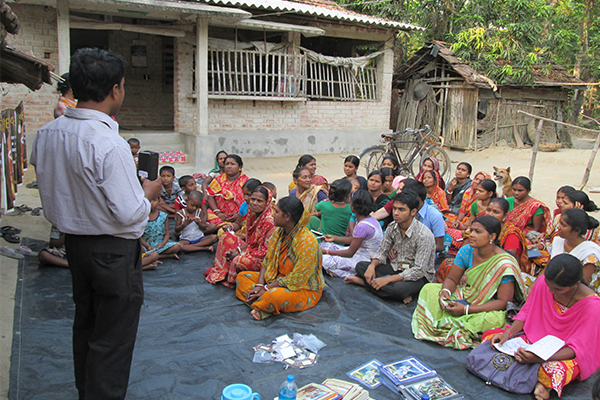
Resident social work in Nepal refers to the practice of social work professionals who work and live in communities within Nepal to address social issues and provide support and services to the individuals and families in those communities.
Resident social workers in Nepal are often employed by NGOs, INGOs, and government agencies and are involved in a range of activities, including community mobilization, advocacy, capacity building, and service provision. They work with various groups, such as marginalized communities, children, women, people with disabilities, and older adults, to address issues such as poverty, gender inequality, social exclusion, and human rights violations.
The role of resident social workers in Nepal is crucial, as they are often the first point of contact for individuals and families seeking support and services. They play a significant role in promoting social justice, empowerment, and social change at the grassroots level, and are instrumental in improving the lives of vulnerable populations.
To become a resident social worker in Nepal, one typically needs a Bachelor's or Master's degree in social work or a related field. In addition, experience working with communities and vulnerable populations, as well as knowledge of Nepali culture, language, and social structures, is often necessary.
Overall, resident social work is an essential component of Nepal's social development efforts, and the work of social workers in Nepal is critical in addressing the country's social issues and promoting positive change in communities.
